Former Prime Minister Shinzo Abe, Japan’s longest-serving leader, was in grave condition on Friday after being shot while campaigning for a parliamentary election, with media saying a man opened fire with an apparently homemade gun.

A man, believed to be a suspect shooting Japanese Prime Minister Shinzo Abe
Prime Minister Fumio Kishida condemned the shooting in the western city of Nara in the “strongest terms” while Japanese people and world leaders expressed shock at the assassination attempt in a country in which political violence is rare and guns are tightly controlled.
Struggling to keep his emotions in check, Kishida said Abe, 67, was in grave condition.
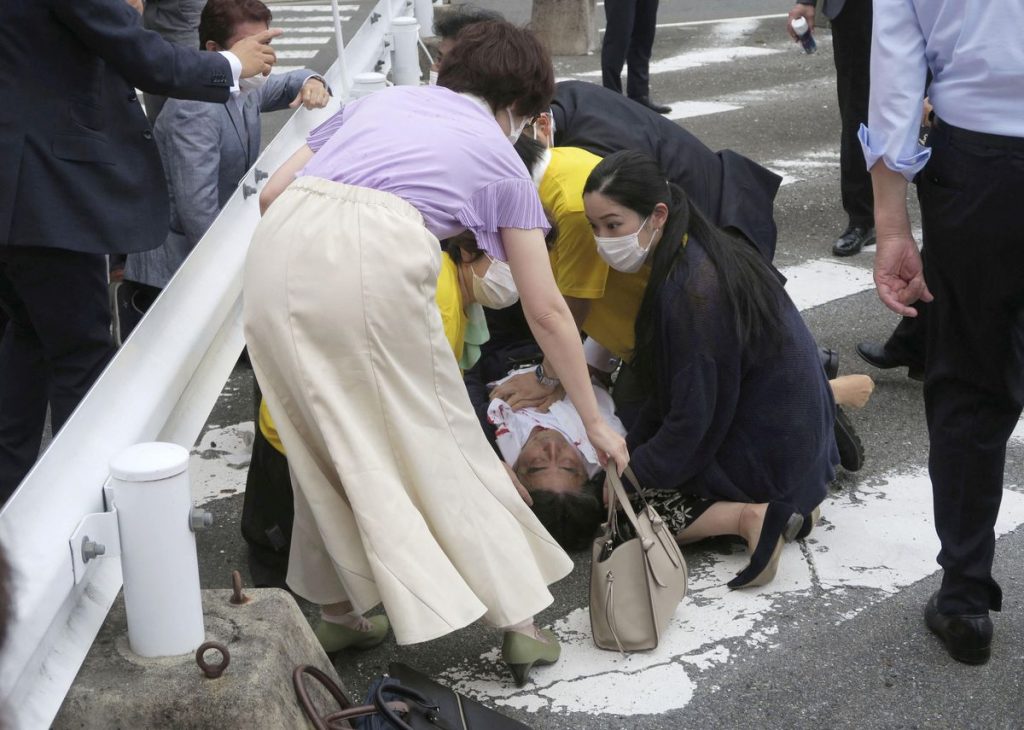
“Everything that can be done is being done to revive him. I’m praying from the depths of my heart that his life will be saved,” Kishida told reporters, adding he was not aware of any motive.
“This attack is an act of brutality that happened during the elections – the very foundation of our democracy – and is absolutely unforgivable.”
A fire department official said earlier that Abe appeared to be in a state of cardiac arrest when airlifted to hospital.

Police said a 41-year-old man suspected of carrying out the shooting had been arrested. NHK quoted the suspect, identified as Tetsuya Yamagami, as telling police he was dissatisfied with Abe and wanted to kill him.
Abe was making a campaign speech outside a train station when two shots rang out at about 11:30 a.m. (0230 GMT). Security officials were then seen tackling a man in a grey T-shirt and beige trousers.

“There was a loud bang and then smoke,” businessman Makoto Ichikawa, who was at the scene, told Reuters, adding that the gun was the size of a television camera.
“The first shot, no one knew what was going on, but after the second shot, what looked like special police tackled him.”

‘VERY, VERY SAD’
U.S. Secretary of State Antony Blinken expressed deep concern over Abe’s condition.
“Our thoughts, our prayers are with him, with his family, with the people of Japan,” Blinken said on the sidelines of a G20 meeting on the Indonesian island of Bali. “This is a very, very sad moment. And we’re awaiting news from Japan.”
The United States is Japan’s most important ally.
The yen rose and Japan’s Nikkei index fell on news of the shooting, partially driven by a knee-jerk flight to safety.
Abe is best known for his “Abenomics” policy of aggressive monetary easing and fiscal spending.
He also bolstered defence spending after years of declines and expanded the military’s ability to project power abroad.
In a historic shift in 2014, his government reinterpreted the postwar, pacifist constitution to allow troops to fight overseas for the first time since World War Two.
The following year, legislation ended a ban on exercising the right of collective self-defence, or defending a friendly country under attack.
Abe, however, did not achieve his goal of revising the U.S.-drafted constitution by writing the Self-Defense Forces, as Japan’s military in known, into the pacifist Article 9.
Abe first took office in 2006 as Japan’s youngest prime minister since World War Two. After a year plagued by political scandals, voter outrage at lost pension records, and an election drubbing for his ruling party, Abe quit citing ill health.
He became prime minister again in 2012.
Abe hails from a wealthy political family that included a foreign minister father and a grandfather who served as premier.














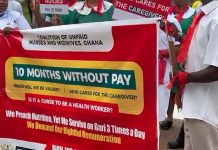

















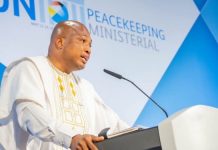



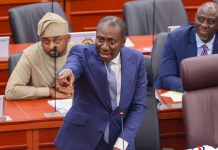
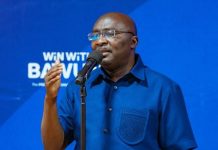













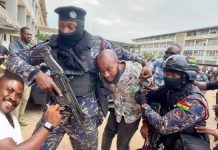


![[FREE FREE MONEY] Predict and Win a Guaranteed GH¢200 From Us EVERY WEEK](https://wordpress.ghanatalksradio.com/wp-content/uploads/2022/02/Predict-and-Win-Final-09-03-2021-218x150.jpg)
![[Predict & Win – 8th/Oct.] WIN A Guaranteed ¢200 From Us This Week](https://wordpress.ghanatalksradio.com/wp-content/uploads/2021/10/maxresdefault-16-218x150.jpg)
![[Predict & Win – 2nd] WIN A Guaranteed ¢200 From Us This Week](https://wordpress.ghanatalksradio.com/wp-content/uploads/2021/09/maxresdefault-50-218x150.jpg)
![[Predict & Win – 25th] WIN A Guaranteed ¢200 From Us This Week](https://wordpress.ghanatalksradio.com/wp-content/uploads/2021/09/maxresdefault-36-218x150.jpg)
![[Predict & Win – 18th] WIN A Guaranteed ¢200 From Us This Week](https://wordpress.ghanatalksradio.com/wp-content/uploads/2021/09/maxresdefault-23-218x150.jpg)
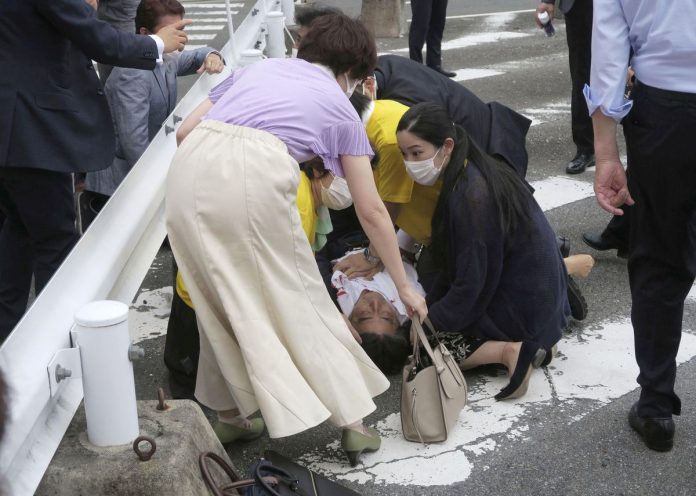
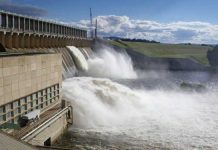
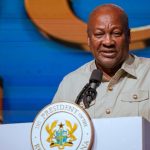

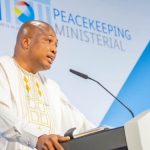





![[National cathedral] See full list of churches that have contributed since 2018](https://wordpress.ghanatalksradio.com/wp-content/uploads/2020/09/Ghana-National-Cathedral-GhanaTalksRadio-100x70.jpg)



